I recently tried to access a site (an AEM author server) that always requires authentication. I was attempting to use basic authentication in the URL in the browser address bar, as follows: http://admin:admin@localhost:4502/
But when I tried that, I got the following security confirmation (in Firefox 38.0.1):

Clicking "Yes" took me to the non-authenticated login page, seemingly ignoring the basic auth credentials I had sent. The following questions (and the comment on it) helped me understand that this is because the AEM author server is not asking for authentication credentials--it is not sending the WWW-Authenticate HTTP response header:
- How does http://user:pass@host.com authentication work?
- Why do browsers not send the Authentication header when the credentials are provided in the URL?
Hence, the browser didn't actually send the basic auth credentials I had put in the address bar.
So that led me to question why the AEM author server, which always requires authentication, isn't sending the HTTP WWW-Authenticate header. But that begs a larger question:
For a site that always requires authentication, is it reasonable to expect that site to always send the WWW-Authenticate response header, or are there valid reasons to not include this header even though authentication is indeed required?